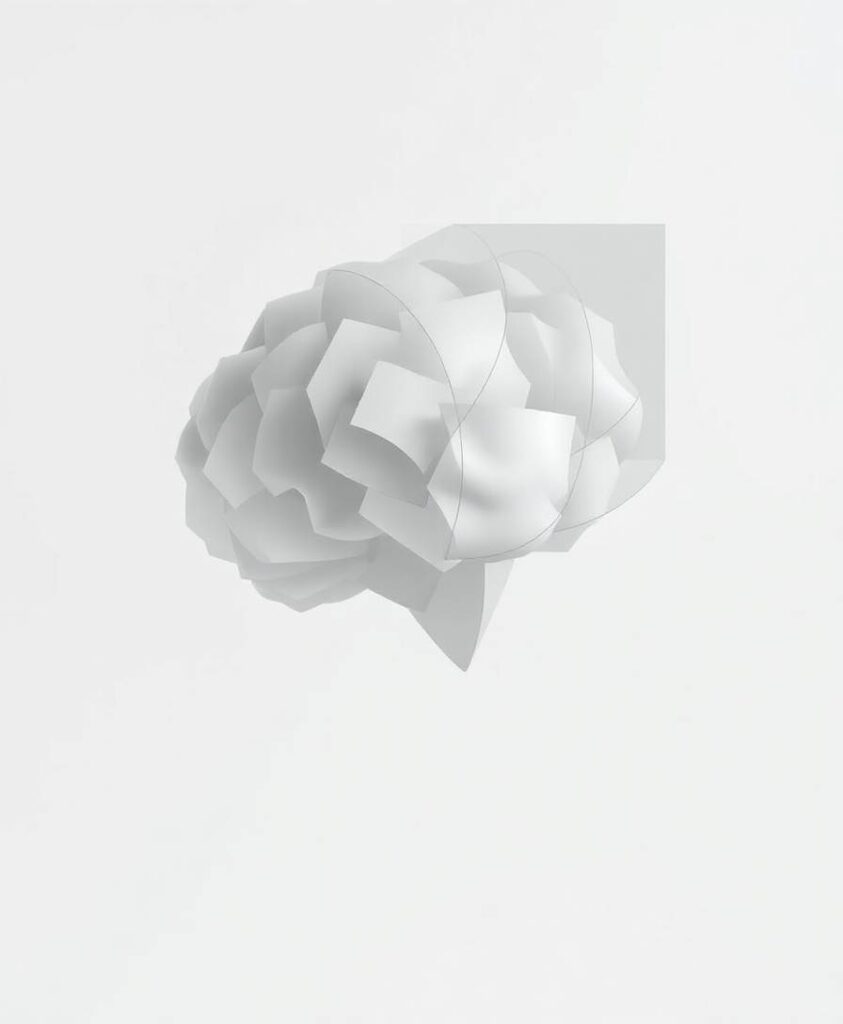Imagine you were trying to solve a complex puzzle, but instead of paying attention to the different shapes and colors of the pieces, you only focused on putting them together without understanding their meaning. That’s kind of what has been happening in the field of cognitive science of consciousness. While progress has been made, there has been a tendency to downplay conceptual issues, which can hinder our understanding of the complexities involved. By not fully considering these conceptual challenges, we may be underestimating the true difficulties of unraveling the mysteries of consciousness. This letter emphasizes that addressing these conceptual issues is crucial for further advancements in cognitive sciences. It highlights that by paying more attention to the underlying concepts, we can make significant strides in deepening our understanding of consciousness. So, it’s time to take a step back and reconsider our approach. Let’s not overlook the importance of conceptual issues and instead embrace them as key elements in unlocking the secrets of consciousness.

